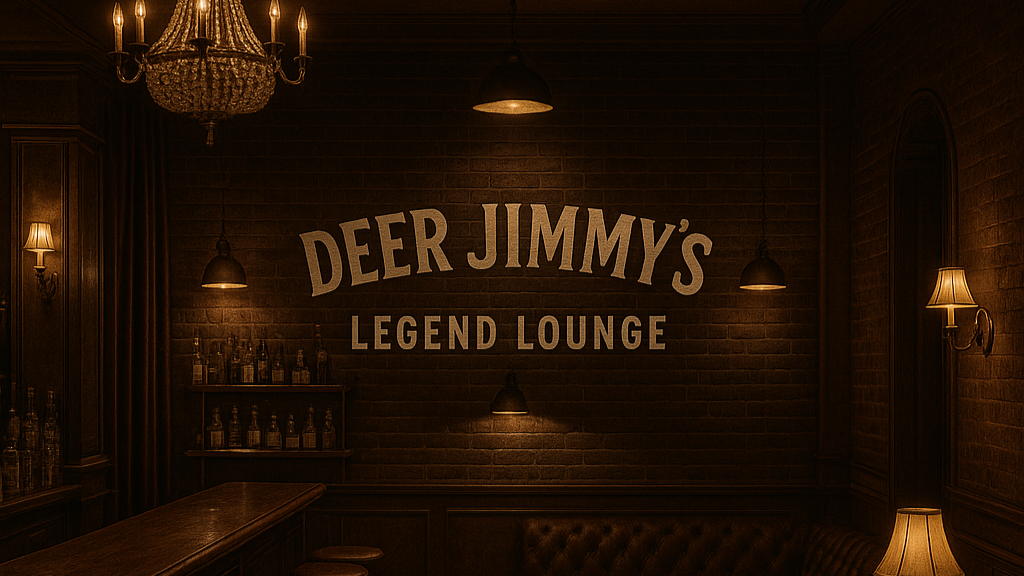Whisky: From Monks to Masterpieces
A Spirit Born from Curiosity
Long before whisky became a collector’s obsession or the centerpiece of high-end bars, it was something far more humble. Somewhere around the 12th century, traveling monks brought the art of distillation to Ireland and Scotland. What began as a way to create medicinal spirits slowly transformed into something deeper, warmer — and eventually, drinkable for pleasure. They called it uisge beatha — the water of life.
The Craft Finds Its Shape
Over the centuries, this "water" matured into whisky as we know it. Farmers would distill surplus grain into rough spirits, both for preservation and celebration. It was harsh. It was raw. But when stored in oak barrels — often out of necessity rather than design — something changed. The grain softened, the flavors deepened, and the fire turned into finesse. Oak didn’t just store the spirit. It transformed it.
A Drink That Refused to Be Rushed
Unlike gin or vodka, whisky demanded patience. It insisted on aging, on silence, on time. And that demand made it different. Special. Over time, distillers began to understand the alchemy between spirit and wood, between temperature and time. Regions like Speyside, Islay and the Highlands began to shape distinct styles. Smoke. Sweetness. Spice. Every cask told a new story, depending on where it came from, what it once held, and how long it was left to rest.
From Illicit Stills to Global Status
For centuries, whisky was bootlegged, taxed, and hunted by authorities. But it wouldn’t die. It evolved. Legal distilleries emerged, techniques improved, and what was once rural moonshine became a symbol of culture and craft. Today, whisky is aged with intention, blended with precision, and sold with reverence. From single malt Scotch to bold American bourbon, the category now stretches across continents — but it never forgets its roots.
Why It Still Matters
Whisky’s journey mirrors our own — from rough beginnings to something with character, depth and story. When you age your own spirit at home, whether it’s vodka, rum or anything else, you’re tapping into that same tradition. You’re honoring a process that began centuries ago in silence, in fire, and in oak. And you're making it yours.









